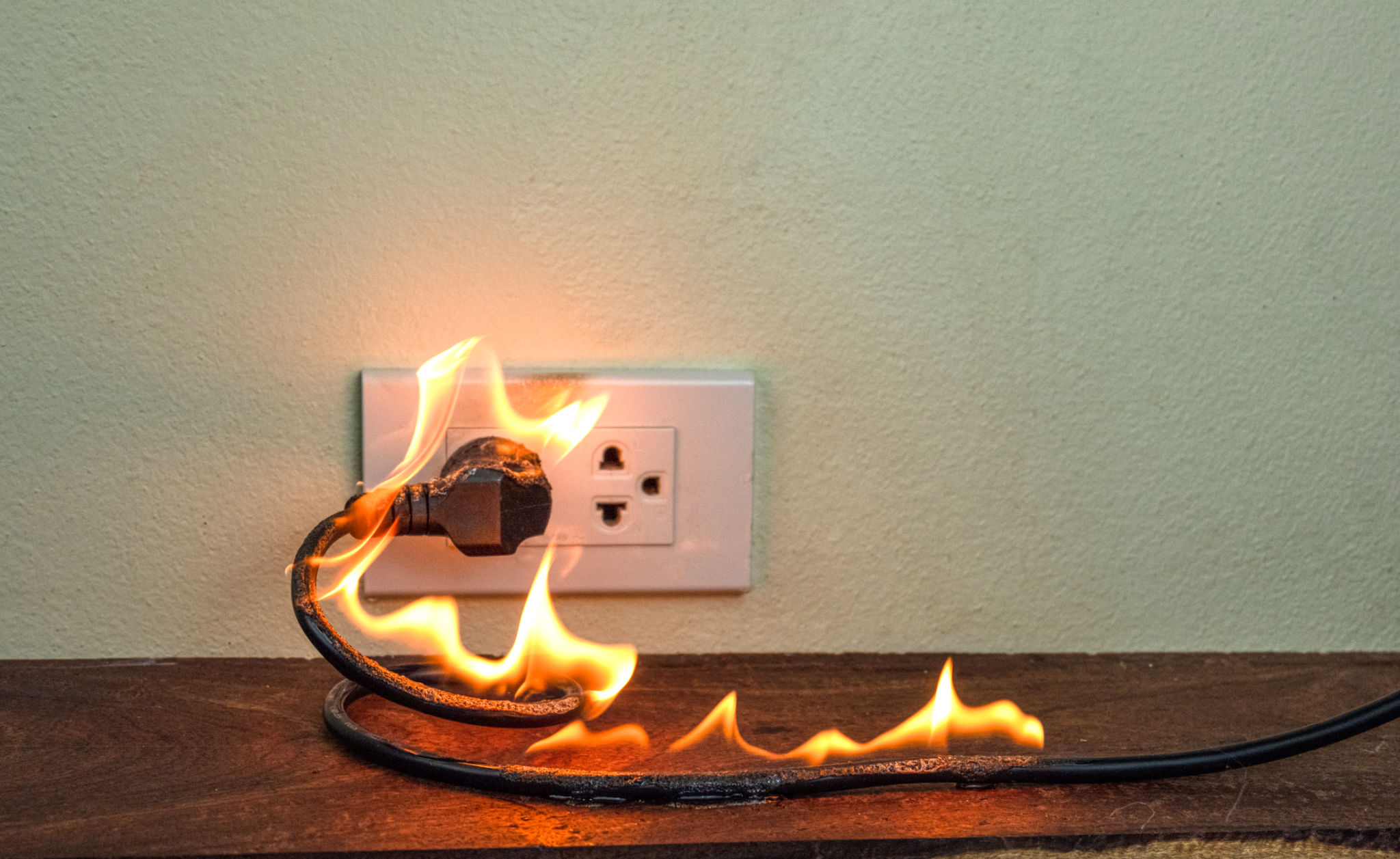Debunking Myths: Common Misconceptions About Home Electrical Systems
Understanding the Basics of Home Electrical Systems
Home electrical systems are often shrouded in mystery and misconceptions. With so much misinformation floating around, it's essential to separate fact from fiction. Understanding the basics can help you maintain a safe and efficient home. In this post, we'll explore some common myths and provide clarity on how these systems truly work.
One prevalent myth is that all electricity is the same. However, there are significant differences between types of electrical currents and systems. Household electricity is typically alternating current (AC), which is different from the direct current (DC) used in batteries. Knowing this distinction is crucial for any electrical project or repair.

Myth: Circuit Breakers Prevent All Electrical Fires
A common misconception is that circuit breakers can prevent all electrical fires. While they are vital safety components, their primary function is to stop the flow of electricity when a fault is detected, such as an overload or short circuit. They cannot prevent fires caused by faulty wiring or defective appliances.
To truly safeguard against electrical fires, it's important to have regular inspections by a qualified electrician. Ensuring your home's wiring is up to code and replacing outdated or damaged components can significantly reduce fire risks.
Regular Maintenance is Key
Routine maintenance of your electrical system is often overlooked but is essential for safety. By scheduling regular checks, potential issues can be identified and rectified before they escalate. This proactive approach can save time, money, and potentially lives.

Myth: DIY Electrical Work Is Safe with the Right Tools
Many homeowners believe that with the right tools, they can safely perform electrical work themselves. While there are minor tasks that can be done safely, such as replacing a light bulb or outlet cover, more complex jobs should always be left to professionals. Incorrect wiring or installations can lead to dangerous situations, including electrocution or fire hazards.
Hiring a licensed electrician ensures that all work complies with local codes and standards. This not only guarantees safety but also can help maintain your insurance coverage, as many policies require professional installation.

Myth: Turning Off Appliances Stops Electricity Usage
Another widespread misconception is that simply turning off appliances stops electricity usage entirely. However, many modern electronics continue to consume power even when switched off, known as "phantom" or "standby" power. This can account for a significant portion of your energy bill if not managed properly.
How to Minimize Phantom Power
To combat phantom power usage, consider unplugging devices when not in use or using power strips to easily disconnect multiple gadgets at once. Smart plugs and timers can also help manage energy consumption more efficiently.
By dispelling these myths and understanding your home electrical system better, you can make more informed decisions about maintenance and upgrades, ensuring a safe and energy-efficient home environment.
